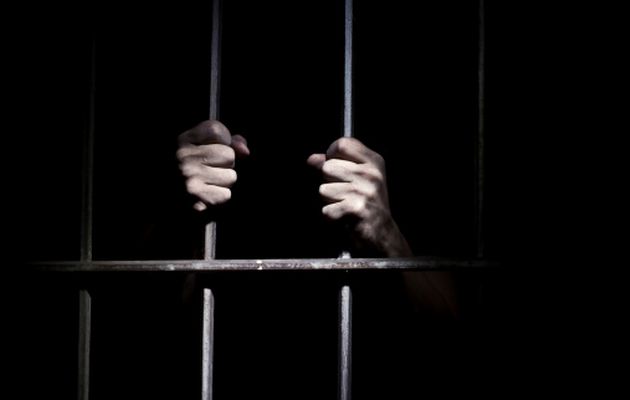180 inmates on parole
 Representative image
Representative image
Nepali prisoners have been started to be granted parole as a new experiment in the prison system. According to the Criminal Offenses (Sentence and Execution) Act-074, the government has recommended the release of 414 prisoners in the first phase.
Kamal Prasad Pandey, director of the Prison Management Department, told Ratopati that 180 inmates are currently released on parole as per the decision of the Parole Board. 180 people have come out of prison based on the board's decision and recommendations. Director Pandey said that 414 people with good behavior are in the process of being paroled. The board decided on parole facilities for the first time on December 25, 2023, for the second time on March 18, 2023 and for the third time on May 2024.
'Parole and Probation' are the tools used for social rehabilitation and family rehabilitation of the prisoners.
Prisoners on parole must serve two-thirds of their sentence in prison. There is a legal provision for inmates who have already served two-thirds of their sentences to stay at home provided that they exhibit good behaviours. The parole is granted on the recommendation of the jailer by the Parole Board headed by the Attorney General. The decision of the Parole Board must be submitted to the court and approved by the judge.
On May 28, Finance Minister Barshman Pun announced the implementation of the probation and parole system to reduce the number of inmates in prison. Officials of the Ministry of Home Affairs say that the parole facility has been implemented in accordance with the plan to develop the prison as a correctional facility.
Those who have been sentenced to more than one year of imprisonment by the court and have served two-thirds of that imprisonment can stay at home and serve the remaining term. This facility is called 'parole and probation'.
Prisoners involved in 10 types of crimes are not eligible for parole. Prisoners convicted of life imprisonment, corruption, extortion, acid attacks, human trafficking, organized crime, money laundering and torture and cruel inhumane treatment are not eligible for parole.
The director general of the prison management department is the member secretary of the committee to decide on parole headed by the Attorney General. Inspector General of Police, Secretary of Home Ministry, Secretary of law, a Psychiatrist and a Penalist are members of the Parole Board.
Prisoners who get parole facilities have to abide by the standards and conditions prepared by the government. According to the norms, prisoners cannot go outside their district. While taking the parole facility, they cannot do illegal work and they have to stay under the strict surveillance of parole officer. According to the decision of the Council of Ministers, the jailers of all 77 districts have been designated as parole officers. Prisoners on parole are allowed to work to earn income.
Which crimes do not have parole facilities?
After the decision from the Parole Board, the jailer must submit the names of inmates to be released on parole to the court. There is a legal provision that the judge must abide by the recommendation of the Parole Board.
However, prisoners involved in 10 types of crimes do not get the facility of being released on parole. Prisoners convicted of life imprisonment, corruption, extortion, acid attacks, human trafficking, organized crime, money laundering and torture and cruel inhumane treatment are not eligible for parole.
Those convicted of treason and crimes against humanity are also not eligible for parole.
The government is planning to bring into operation a 1,370 capacity prison building in Nuwakot as the number of inmates is far greater than the capacity. Likewise, the Council of Ministers has amended the regulations so that the consent of the victim is mandatory even when the pardon is waived. According to the new system, the consent of the victim is mandatory before the jailer makes a recommendation for the waiver of punishment.









Leave Comment